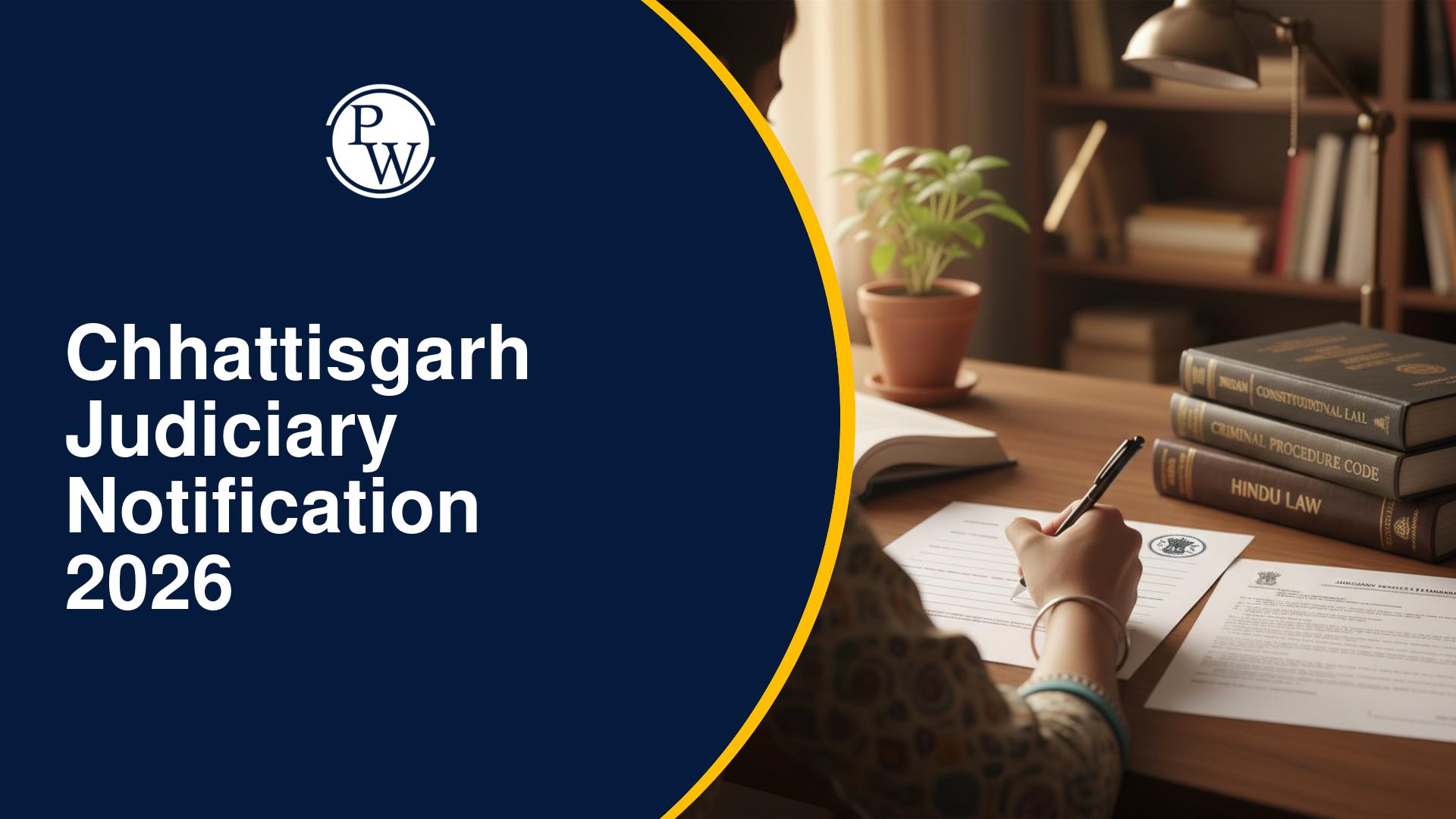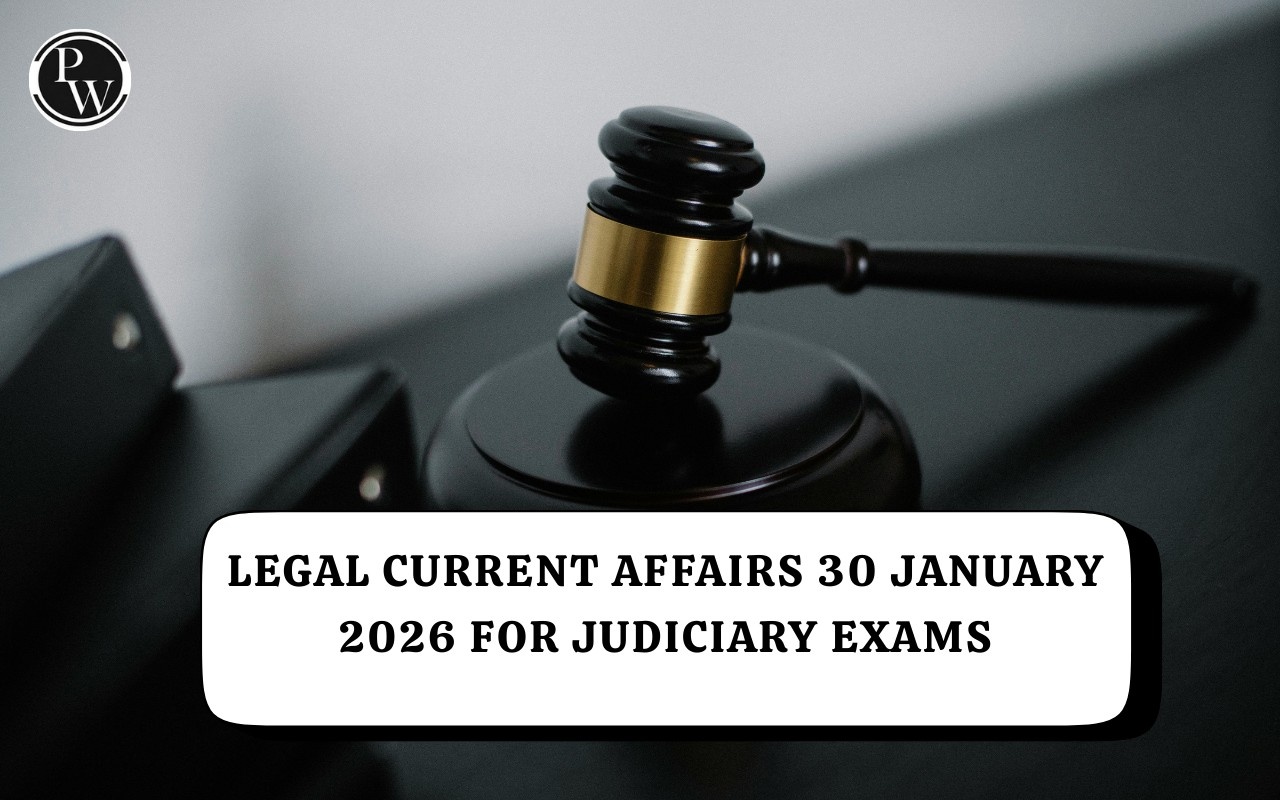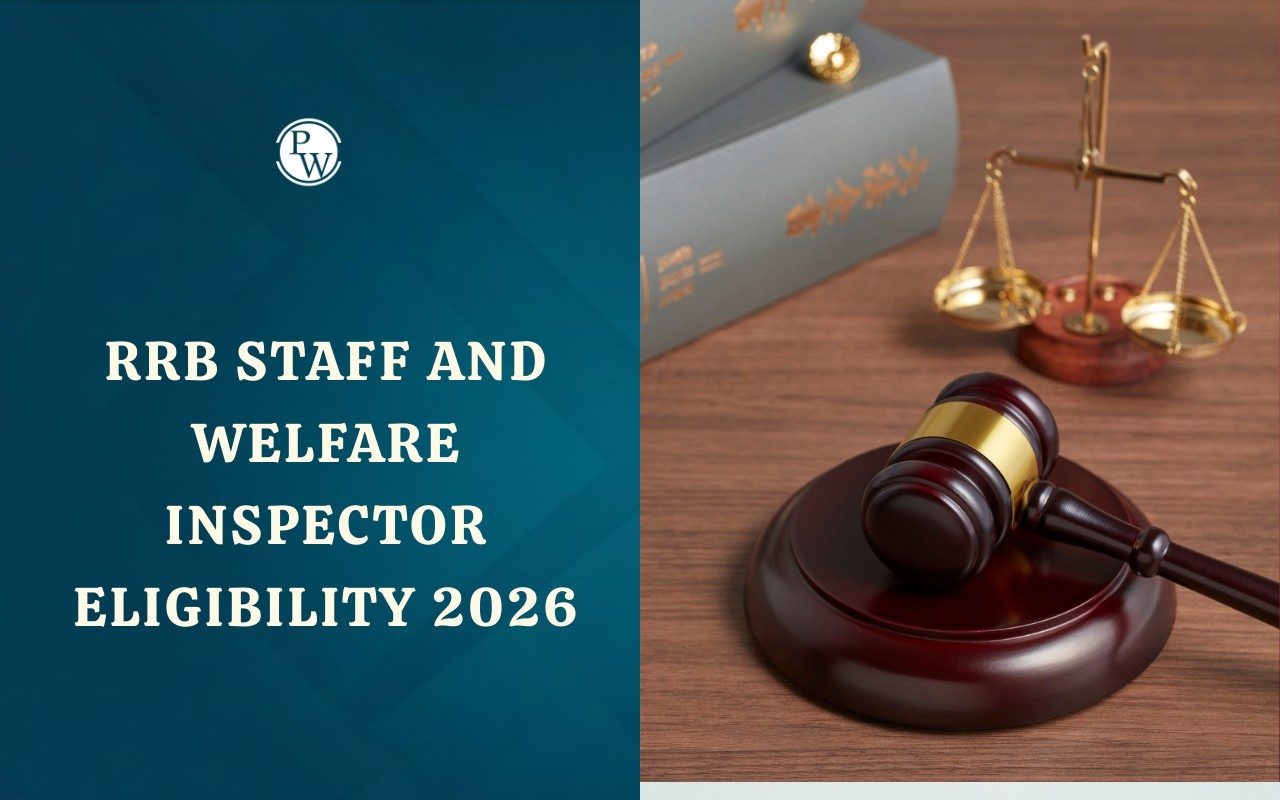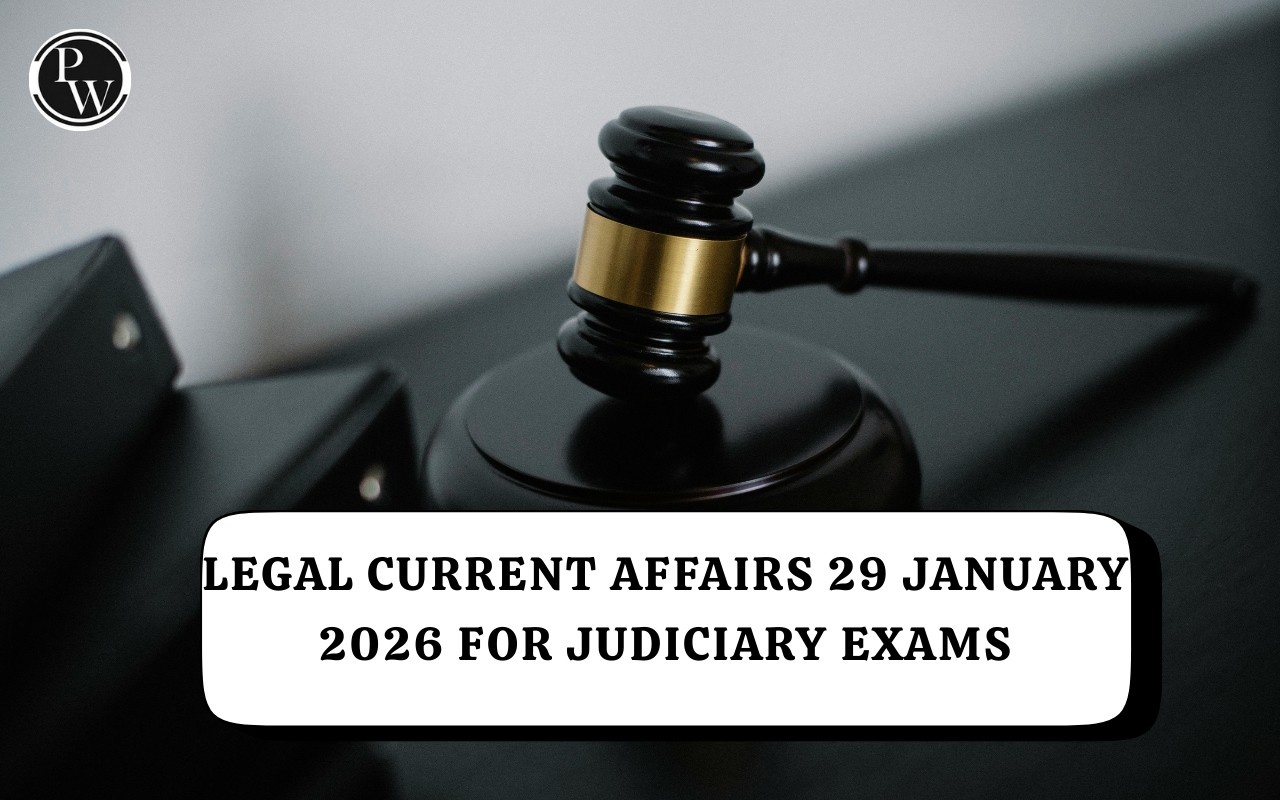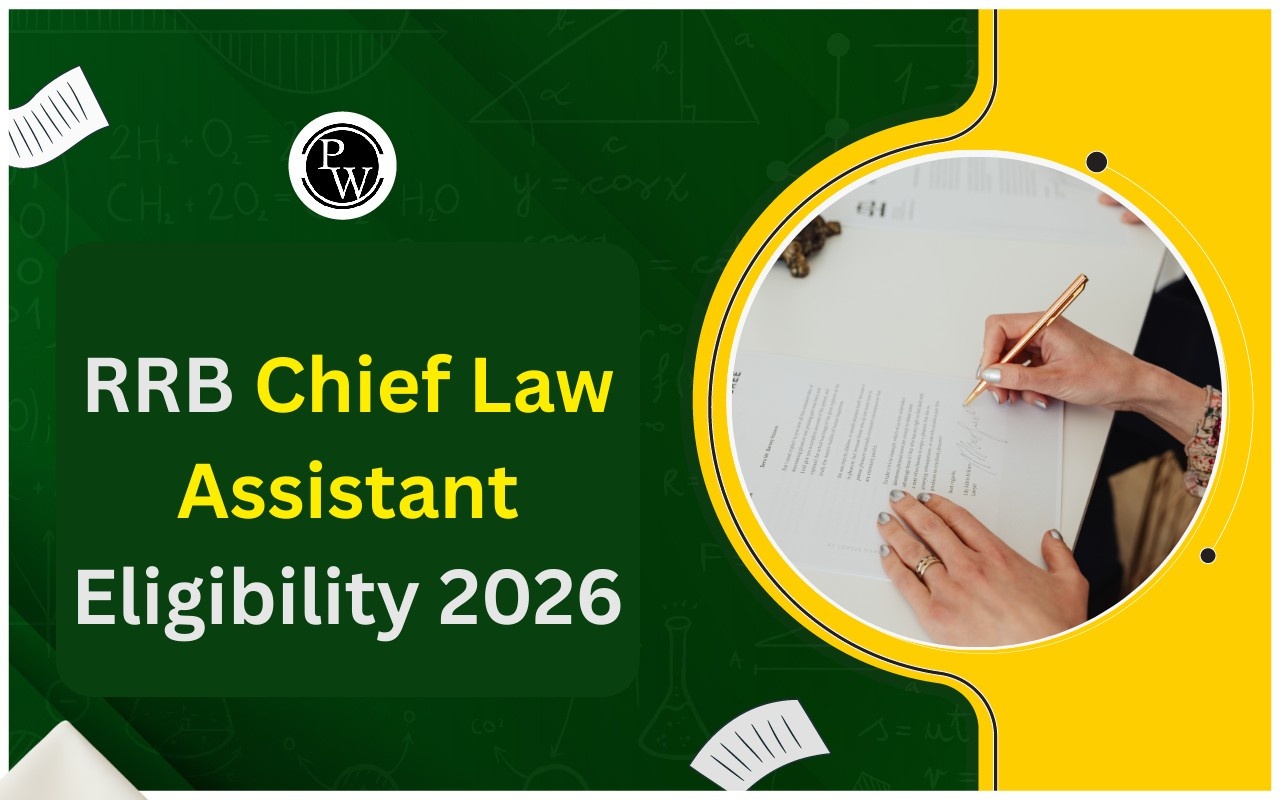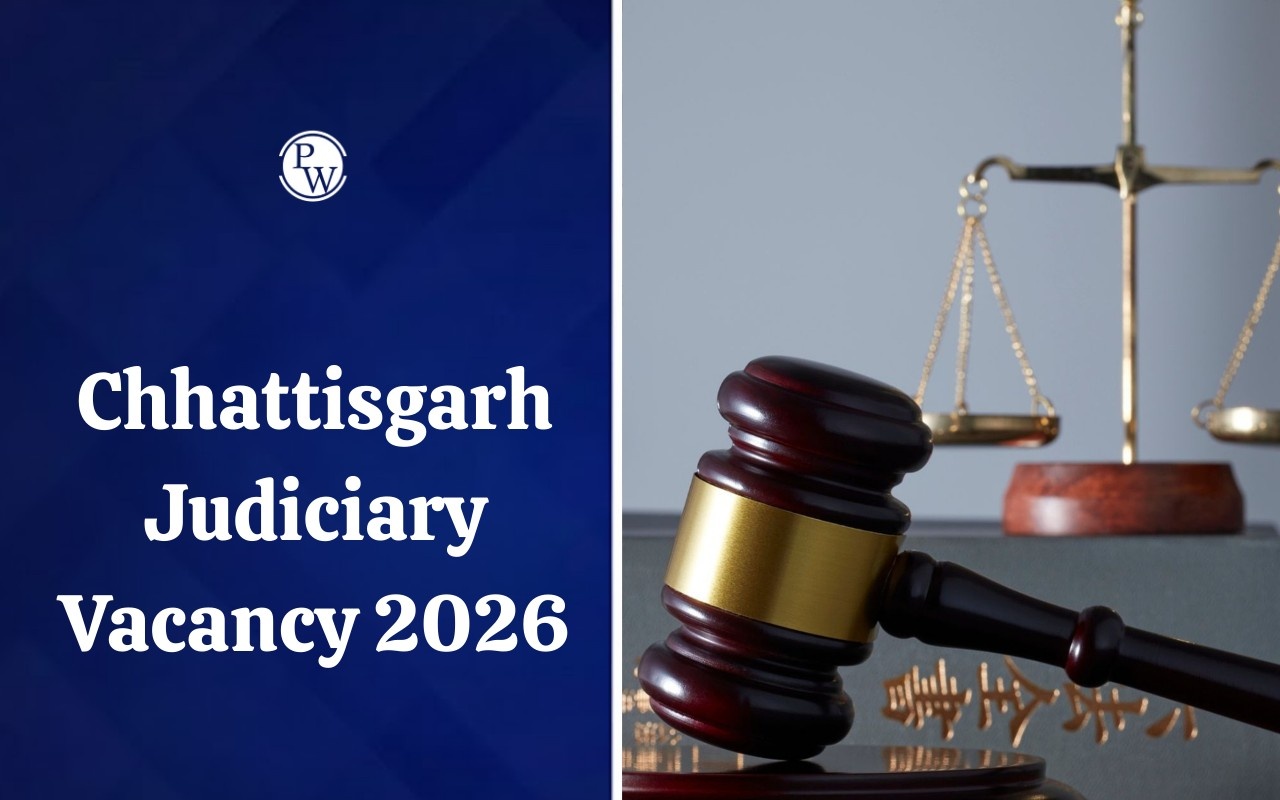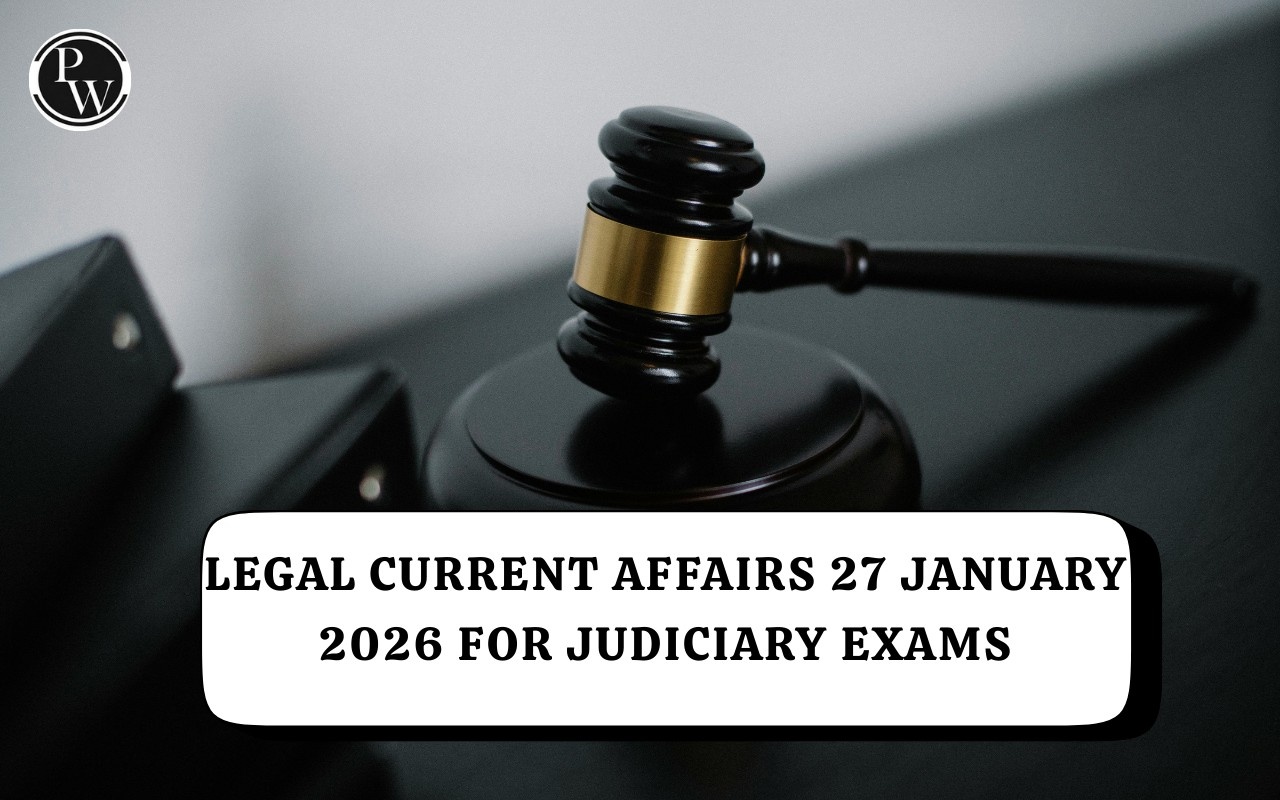
AIBE Qualification Status Mandatory in Vakalatnama: The question “Is AIBE Qualification Status Mandatory in Vakalatnama?” has recently taken centre stage following a strong recommendation by the Supreme Court of India to the Bar Council of India (BCI). The Court suggested that it should be made compulsory for advocates to disclose their All India Bar Examination (AIBE) qualification status in the vakalatnama — a formal document that authorises a lawyer to represent a client in court.
Supreme Court’s Recent Stand on Mandatory AIBE Qualification Status in VAKALATNAMA
In a matter concerning legal compliance, a bench headed by Justice Sanjay Kishan Kaul pointed out a significant regulatory gap — there is currently no system to verify an advocate’s AIBE Qualification Status from the vakalatnama or any other court record. Justice Kaul observed, “We are seeing cases where advocates appear in courts without having cleared the bar exam. This affects the credibility of the legal system and must be addressed.”
The Court has urged the BCI to consider making the declaration of AIBE Qualification Status mandatory in the vakalatnama. This means every advocate would be required to explicitly state whether they have passed the AIBE and in which year, especially if their enrolment is post-2010.
Recent BCI Statement 2025 and the Court’s Directive
The Recent BCI Statement 2025 is awaited, as the Supreme Court has directed the Bar Council to file an affidavit explaining its stance on the proposed reform. The Court has further suggested the development of a centralised digital verification system for real-time access to an advocate’s qualification status.
Chief Justice of India Sanjiv Khanna, during a recent hearing on legal education and enrolment reforms, stated that such a rule could fall under the purview of “misconduct under the Advocates Act” if not followed. His exact words were:
“Why don’t you make it mandatory in the vakalatnama itself to mention if AIBE has been passed? … If someone does not do it, then it will be misconduct under the Advocates Act.”
This reflects a clear judicial push for making AIBE Qualification Status Mandatory in Vakalatnama as a means to uphold professional integrity.
What is AIBE Qualification?
The All India Bar Examination (AIBE) is a certification examination conducted by the Bar Council of India. Introduced in 2010, the AIBE serves as a qualifying test to ensure that law graduates possess the requisite knowledge to practice law in India. Passing the exam is necessary to obtain the Certificate of Practice (CoP), which is a prerequisite for professional legal practice across Indian courts.
AIBE as a Certification for Practice
The AIBE Qualification Status is more than just a credential—it is a legal requirement for law graduates who wish to practice. As per the Advocates Act and relevant BCI regulations, an advocate must pass the AIBE to be eligible to practice law. Without this certification, any representation in court can be deemed unauthorised and unethical.
Despite this mandatory nature, there have been multiple instances of advocates appearing in courts without having cleared the AIBE. This has prompted the judiciary to take note and recommend reforms aimed at tightening regulatory oversight.
What is Vakalatnama?
A vakalatnama is a legal document signed by a client to authorise an advocate to represent them in a legal proceeding. It serves as the official instrument granting authority to the advocate to act on behalf of the client in court. While it contains essential details such as the name of the advocate, client, case number, and court, it currently does not require the advocate to disclose their AIBE Qualification Status.
The absence of such disclosure has been flagged by the Supreme Court as a loophole that enables unqualified advocates—those who have not cleared the AIBE—to represent clients unlawfully. The Court has recommended that the vakalatnama should be amended to include a declaration of the advocate’s AIBE qualification status, particularly for those enrolled after 2010, when the AIBE was introduced.
Can an Advocate Practice Without AIBE?
The answer is a resounding no. A 2023 Constitution Bench judgment made it clear that no law graduate may practice in any court of law in India without clearing the AIBE. The judgment even permitted final-year students to appear for the exam, which was later ratified by the BCI.
Thus, the legal landscape unequivocally mandates the AIBE as the minimum qualification for practising law, and practising without it is both illegal and unethical.
What Happens if AIBE is Not Cleared?
Failing to clear the AIBE has serious professional consequences. An advocate who has not cleared the AIBE is legally banned from practising in any court in India. Such practice, if undertaken, can be considered a violation of the Advocates Act and subject to disciplinary action, including disbarment. The inclusion of AIBE Qualification Status Mandatory in Vakalatnama would serve as a filter to eliminate such malpractice at its root.
AIBE 20 Exam 2025 and Its Implications
The AIBE 20 Exam 2025 is the upcoming edition of the bar exam and is likely to carry heightened importance in light of these discussions. Legal aspirants appearing for AIBE 20 should be aware that failing to pass the exam may affect their practice unauthorised, especially if the Supreme Court’s suggestion is adopted as a rule.
Moreover, if the BCI implements the recommendation to include AIBE status in vakalatnamas, passing the AIBE 20 Exam 2025 will not only be a procedural necessity but also a documented proof of eligibility attached to every case file.
Explore the Judiciary Coaching 2025 to access essential resources for Judiciary exam preparation, including detailed insights and strategies. Dive into the Judiciary 2025 for structured courses and focused study plans designed to help aspirants excel in their exams.
Is AIBE Qualification Status Mandatory in Vakalatnama FAQs
Can an advocate practice without clearing AIBE?
What is the role of the Certificate of Practice in AIBE?
Is AIBE 20 Exam 2025 important for fresh graduates?
What does the Recent BCI Statement 2025 suggest?
Why is AIBE Qualification now being linked to Vakalatnama?
What does the Supreme Court say about vakalatnama reforms?


